Nguyen family temple, Hong Viet commune (Dong Hung).
According to the “Thai Binh Dictionary”: “Ba Bua (?-1789) is the nickname of Bachelor Nguyen Son, the third son of Bachelor Nguyen Thien, from Ba Thon village, now Hong Viet commune (Dong Hung). Nguyen Son was unruly, looked down on the court officials, and was respected by the local people as the third son of Bua village - Ba Bua for short. At the end of the Le Dynasty, he raised an army to occupy Than Khe district, attacked Tien Hung prefecture, joined forces with General Thiem Lien to occupy Van Don - Cat Ba area, and was very famous. The historical books “Kham Dinh Viet Su Thong Giam Cuong Muc”, “Le Quy Ky Su”, “Le Quy Dat Su” all recorded him as Ba Ba. Historian Nguyen Thu wrote: “Son - that is Ba Ba, from Ba Thon, Than Khe district... Martial arts, literature, history, strong, good at boxing, every time he went to battle, he was often the first, always defeating the court troops in Hai Duong , Yen Quang...”. He had the talent to debate to the end, the dignitaries considered him to be unfair, but Only those who are extremely stubborn are classified as Ba Ba (Ba Son, Ba village), and the term "stubborn as Bua" was used, even compared to "Ba Bua's guy". In fact, Ba Bua Nguyen Son was only stubborn with the bullies. Later, he followed Quang Trung, managed the army of Phao Son citadel (Chi Linh, Hai Duong ), and held the position of Admiral.
Thus, according to the “Thai Binh Dictionary”, Ba Bua Nguyen Son died in 1789, but according to the genealogy and some other documents, Nguyen Son died on September 6, Nham Tuat year (1802). Legend has it that as a child, Nguyen Son had an unusual appearance and temperament, was good at arguing and was well-versed in martial arts. Entering his middle age, Nguyen Son devoted his resources and strength to taking from the rich and giving to the poor, nurturing his ambition to spread his power across the land and sky, raising the flag of righteousness to turn the situation around, starting with the attack on Than Khe district office, causing a stir in Son Nam town and the coastal region of the North.
In the beginning of the year At Ty (1785), Nguyen Son sent most of his forces to join Thiem Lien's uprising in Yen Quang. The third son of Bua village was appointed as the Vanguard General, commanding the vanguard army and winning every battle. Within just half a year, the insurgent army led by Nguyen Son won many great victories in the Gia Loc, Thanh Mien, Ninh Giang (Hai Duong), Vinh Bao (Hai Phong) regions. The number of forces participating in the insurgent army increased day by day.
Historical records say: “Son (also known as Ba Bua), from Ba Thon village, Than Khe district, brought many followers to Lien (also known as Thiem Lien), from Yen Quang. Son was a martial artist, strong and good at martial arts. Whenever fighting, he was always at the forefront, always defeating the imperial army in Hai Duong, Yen Quang... Thiem Lien's power was very famous”.
In the year of Tan Mao (1771), the three Tay Son brothers raised the flag of uprising. After 8 years of fighting, in the year of Mau Tuat (1778), the Tay Son army defeated the Nguyen lord in Dang Trong. Nguyen Nhac ascended the throne as Emperor, establishing the Tay Son dynasty, and conferred on Nguyen Hue the title of Long Nhuong General.
In May 1786, Nguyen Hue marched north by land and water with the slogan "Support Le, destroy Trinh". In mid-July 1786, the Tay Son army captured Vi Hoang (Nam Dinh). Nguyen Hue stayed in Vi Hoang to prepare to march a large army into Thang Long citadel. Hearing that news, Nguyen Son contacted to meet and select some of his elite soldiers to supplement the Tay Son army. Nguyen Hue presented Nguyen Son's army with 2 elephants, 2 large guns and some weapons. Following Nguyen Hue's encouragement, Nguyen Son and the remaining soldiers returned home to continue recruiting, training and fighting "Support Le, destroy Trinh" on a new journey.
On July 21, 1786, Nguyen Hue led a large army into Thang Long to overthrow Lord Trinh, handing over power to King Le. In April of the year Dinh Mui (1787), Nguyen Nhac assigned Nguyen Hue as Bac Binh Vuong to govern the land from Hai Van Pass to the North.
Shortly after, Nguyen Hue withdrew to the South. When the Tay Son army withdrew, the North was in chaos again. King Le Chieu Thong was powerless to resist Lord Trinh Bong and had to rely on Nguyen Huu Chinh to defeat the Trinh army. Taking advantage of this opportunity, Nguyen Huu Chinh abused his power and rebelled against the Tay Son. The insurgent army of Nguyen Son and Thiem Lien operated in a difficult situation. They had to both fight against the revenge of the Trinh army and resist the massacre of Nguyen Huu Chinh's faction. Hearing that the North was in chaos and Nguyen Huu Chinh was rebelling, Nguyen Hue sent Vu Van Nham to the North to find and destroy Nguyen Huu Chinh. During the days when Vu Van Nham marched to the North, Nguyen Son and Thiem Lien were pursued by an army led by a general of the Trinh army, Bui Trong Khang.
The book “Le Quy Ky Su” recorded: “...Khang chased Lien and Ba Bua (Nguyen Son) from Do Son sea area to Yen Quang and caught up. They fought fiercely, capturing all the boats and weapons. Lien and his group only had time to grab a boat and escape to Thanh Hoa with Vu Van Nham”.
After contacting Vu Van Nham, Nguyen Son joined the Tay Son army to attack, capture and kill Nguyen Huu Chinh in Bac Giang. The situation in Bac Ha was temporarily peaceful. Vu Van Nham was authorized to govern. Then, Vu Van Nham abused his power and plotted a rebellion. Nguyen Hue had to personally lead troops to Bac Ha to quell the rebellion, kill Vu Van Nham and hand over the governance to Ngo Van So, at the same time assigning Nguyen Son to guard Phao Son citadel with the mission of guarding the area from Luc Dau Giang to Bach Dang gate, to guard against the Northern invaders (some documents say that on this occasion, Bac Binh Vuong Nguyen Hue conferred the title of Admiral on Nguyen Son).
At the end of Mau Than year (1788), Le Chieu Thong led the way for the invading Manchu army to occupy the capital Thang Long. On November 25, Mau Than year, Nguyen Hue ascended the throne and personally led the army to the North to fight the invading Manchu army. Nguyen Son led the army from Phao Son citadel to coordinate with other armies to liberate Thang Long citadel. On July 29, Nham Ty year (1792), Quang Trung Nguyen Hue suddenly passed away. His eldest son, Quang Toan, only 10 years old, succeeded his father to the throne, appointing his uncle, Bui Dac Tuyen, as Grand Tutor and Regent to oversee all internal and external affairs. Because Quang Toan was still too young, Bui Dac Tuyen became increasingly authoritarian. People were resentful. High-ranking officials in the court and outside the town were suspicious of each other. Internal strife broke out among the generals. The Tay Son dynasty became increasingly weakened. Taking advantage of that situation, at the end of Canh Than year (1800), Nguyen Anh crossed the sea from Gia Dinh to attack Quy Nhon citadel, Tay Son general Vu Tuan surrendered. At the beginning of Tan Dau year (1801), Nguyen Anh attacked Phu Xuan citadel, King Quang Toan and his subjects could not hold it and had to flee to Bac Ha.
On June 16, Nham Tuat year (1802), Nguyen Anh gathered his forces to attack and capture the capital Thang Long. Unable to resist, Quang Toan and a number of generals fled to Kinh Bac and were captured and later executed. When Thang Long fell, Nguyen Son still defended Phao Son citadel to the death, but due to exhaustion, he was captured. When the Gia Dinh army invited him to become an official, he boldly replied: "I would rather die than be a horse or a buffalo for the Gia Dinh army." They then murdered Nguyen Son on September 6, Nham Tuat year (1802). The righteous men secretly brought his body back to his hometown for burial.
To recognize and honor a character who made great contributions to the nation's history, the Ministry of Culture, Sports and Tourism has granted a Certificate of National Monument Ranking "Nguyen Son Memorial Site (Nguyen Family Temple)".
Source


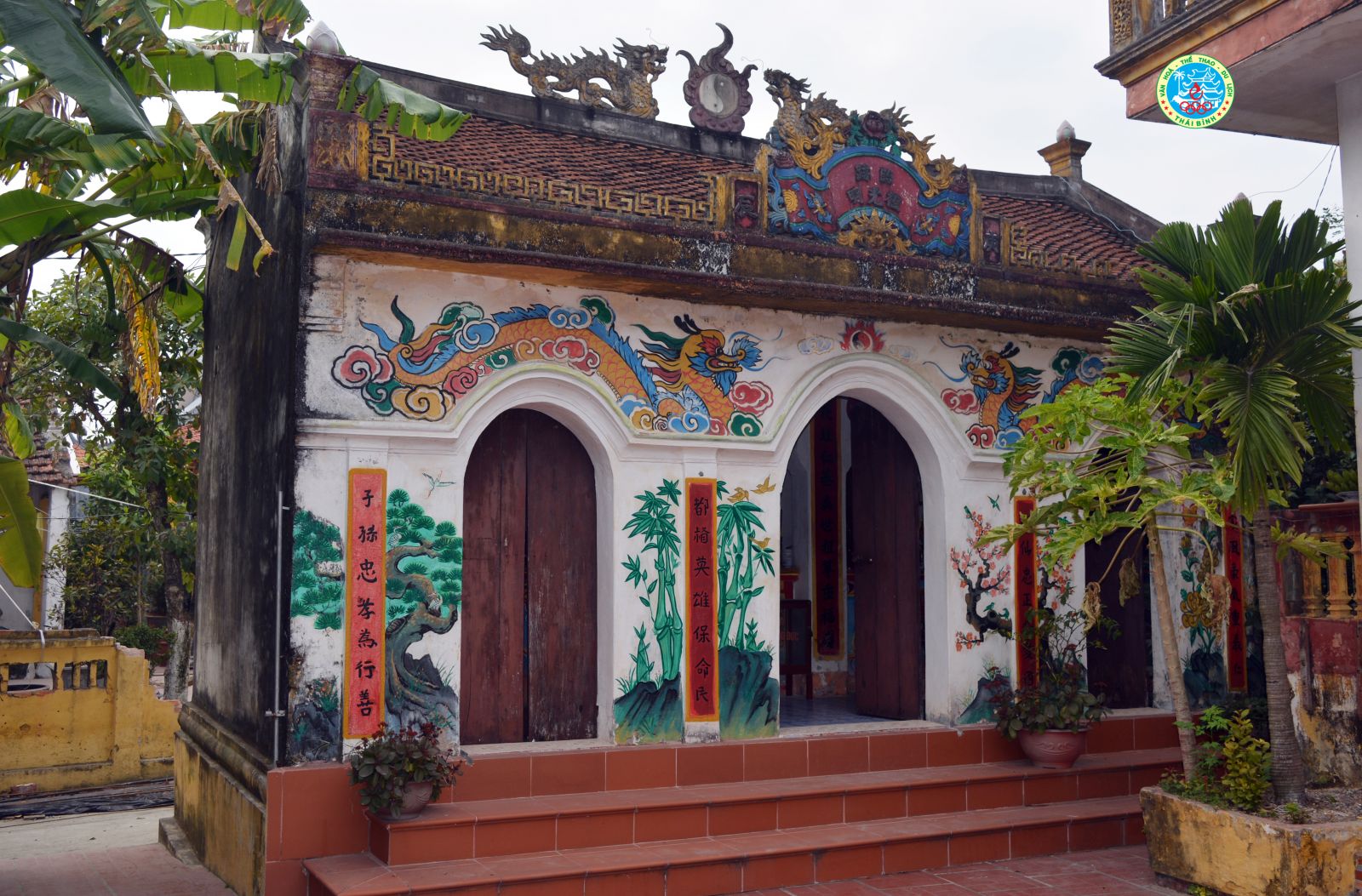

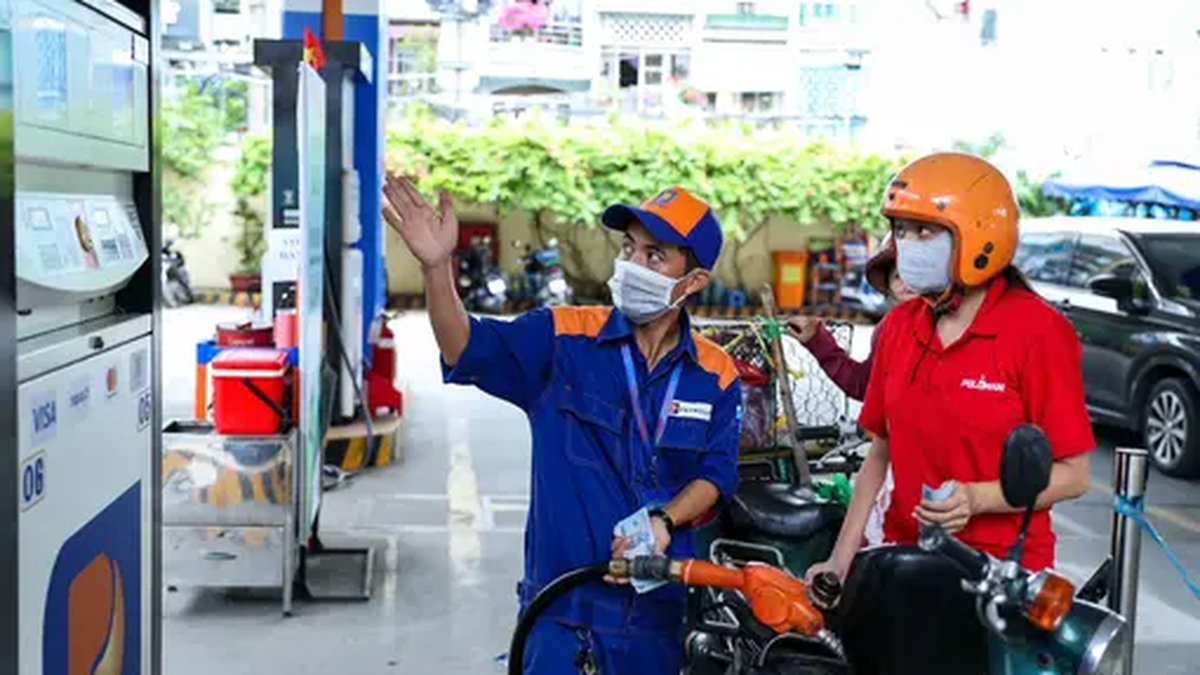
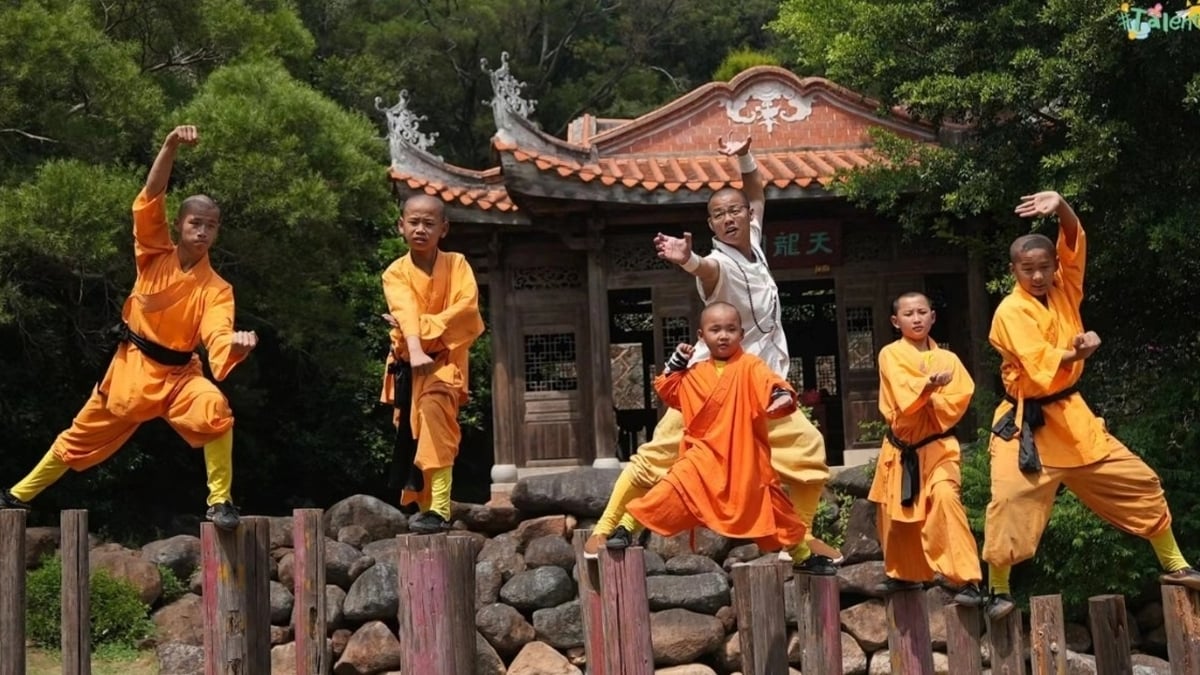




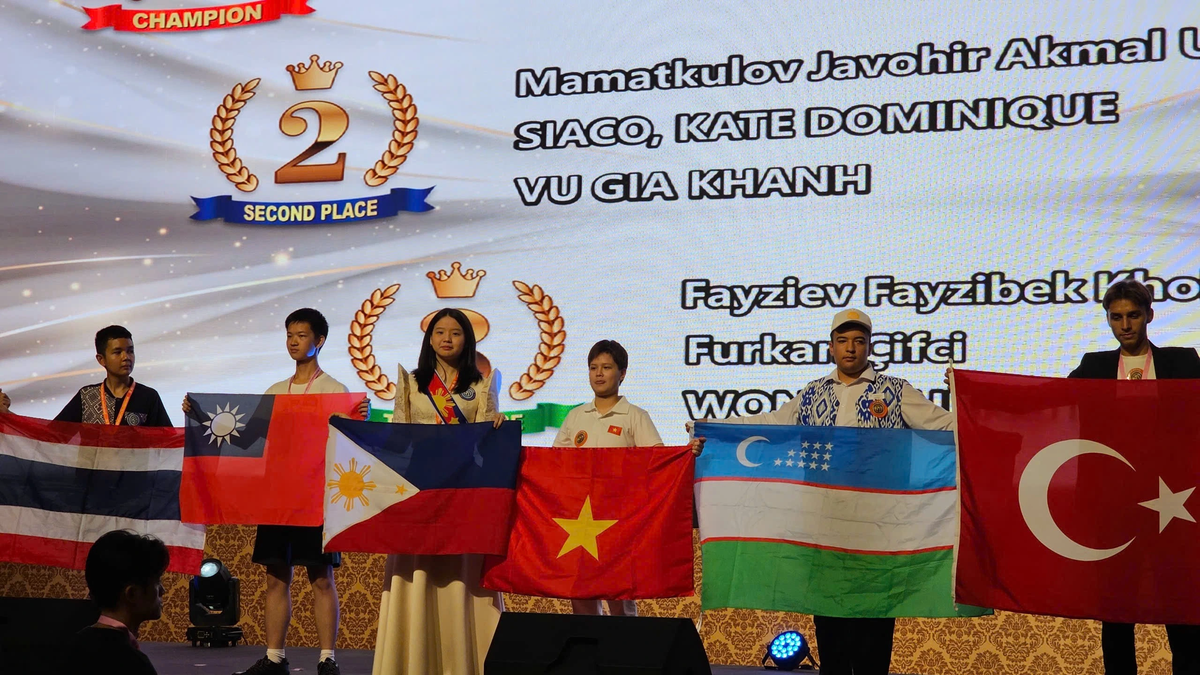
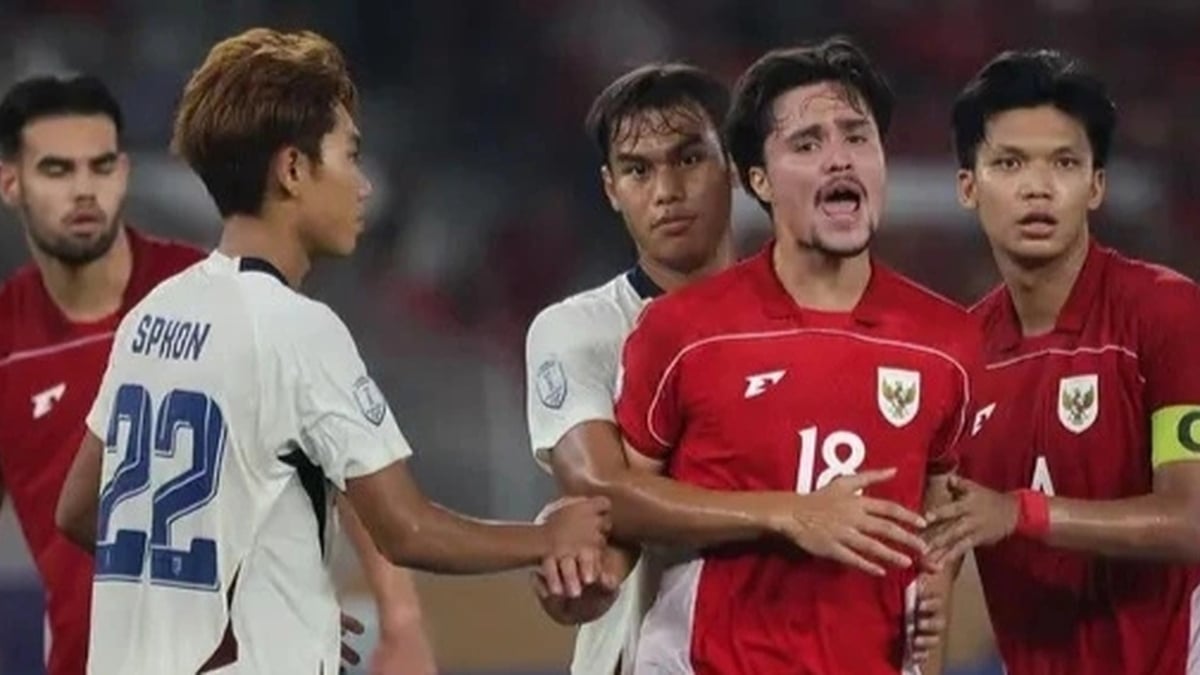













![[Photo] National Assembly Chairman attends the seminar "Building and operating an international financial center and recommendations for Vietnam"](https://vphoto.vietnam.vn/thumb/1200x675/vietnam/resource/IMAGE/2025/7/28/76393436936e457db31ec84433289f72)























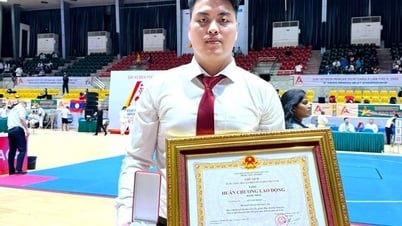











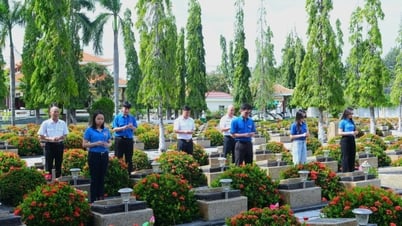

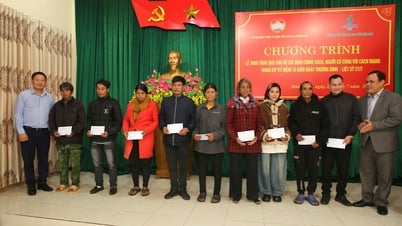


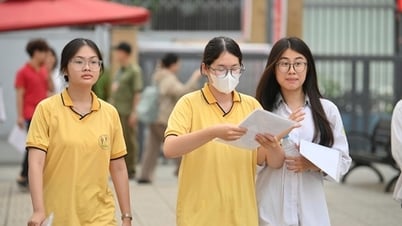

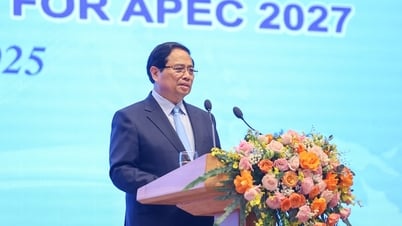
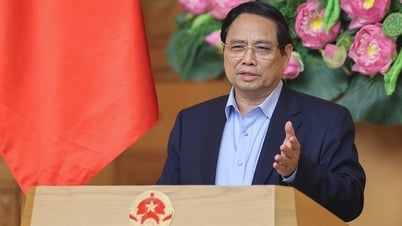


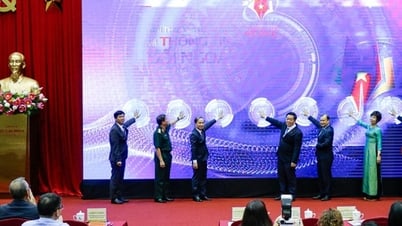
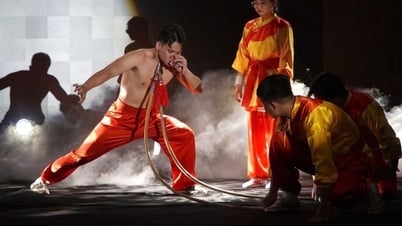
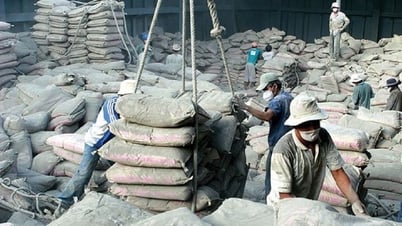

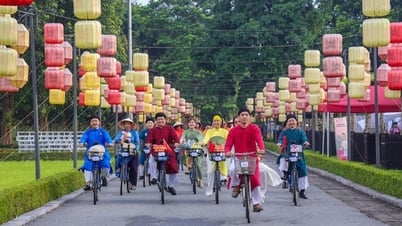
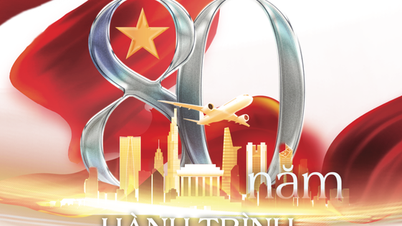






















Comment (0)